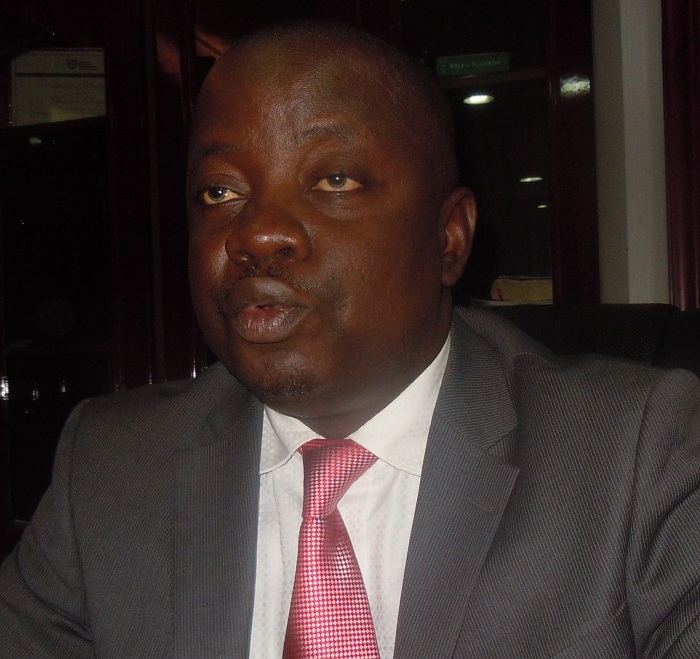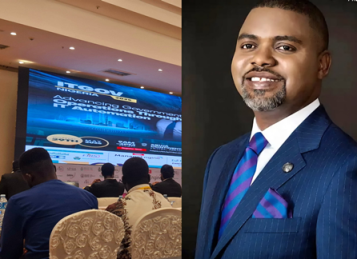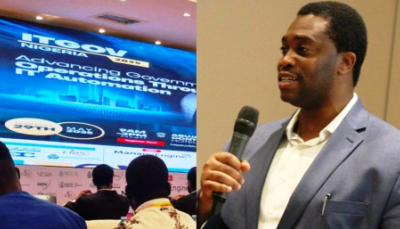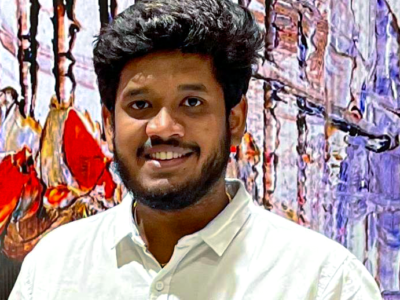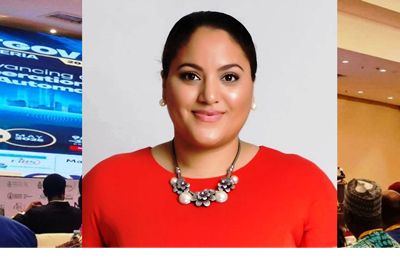In this interview, MR. OLUMIDE SAMUEL, the Chief Technical Officer of Priority Communications Limited, a data communication service provider, discloses to IT Edge News, ABUBAKAR MOSHOOD, on how banks leverage on Priority’s technology to reduce costs of installing towers and masts in Nigeria.
What are you into and what sets you apart from others?
Priority Communications Limited is an IT company. We are mostly a networking communications company. We are into data and installation of wireless connectivity, fibre and VSAT. We also install communications towers and mast. We do Local Area Networking, and we do disaster recovery for a couple of our customers too. We do anything that has to do with data. We do quite a lot in ATMs and a number of network connectivity for a lot of banks and some financial sector players. One of the things that set us apart is that we try to offer services at a very reasonable rate to our customers and our support is very wonderful. Right now, we have our engineers all over the country, as we have installations all over the country. We have offices scattered all over in Lagos, Ibadan, Port Harcourt, Kano, Onitsha, Maiduguri, Gombe and Enugu; anywhere we have installations. We also work for manufacturing companies too, because quite a number of them have multiple locations and we do interconnectivity for them. Some of them are on our VSAT and wireless radio platforms.
What are the challenges?
One of the major challenges every businessman faces in Nigeria in respective of the nature of the business is power. Even if you don’t need power to manufacture your product, you need power for people to stay in a convenient environment. Technology cannot also work without power. It is a challenge for everybody and the government. It is a very serious issue. But I am glad that the government is working hard at it with the recent power reformation but there is still a long way to go. Apart from power, we also have challenges like multiple taxations especially people in the telecoms industry. People look at us like we are making more money than we need. I think the government is trying to solve the issue, but what we see is that while they try to manage it in one area; they create another problem in another area. Part of the challenges are issues surrounding Right of Ways and the general insecurity in the country. For us, this is a major challenge, as we have most of our installations up North. We have had issues where our men have been stopped from working, some of them have even said outright that they cannot go there and now we have to pay some of our workers extra security allowances just to encourage them to work in such areas.
What is the role of the government in addressing these challenges? The role of the government is to provide infrastructure and security. If government can handle infrastructure and security, business will run itself. As businessmen, we always wish government can focus on infrastructure and security. Nigerians will operate effectively when the infrastructure is there. This country is very large; with our huge population opportunities existing for us, the same opportunities that the United States of America uses to become one of the greatest economies, we can also tap into those opportunities but our government needs to provide infrastructure and an enabling environment to make businesses thrive. To provide alternative power for your use is quite expensive. It is not cost effective to have over 100 base stations except there is somebody doing it and everybody shares the cost. Government has a large role to play here and if they can do that the economy will grow very fast.
What is the role of VSAT as we intend to deploy broadband to the last mile?
As a player in the industry, just like any other company in the ICT sector, we will make money, when we are able to deliver the services in the interior. Those limiting factors like power and insecurity are the issues. It is one thing to set up a business, but if there is no enabling environment, most people will like to slow down. Recently we were supposed to do an installation for a client up North but right now we are not so keen. Even if you finish the installations, will the customers be satisfied enough to test and then pay you? If they cannot get there, how will they pay you? As the government is doing a lot of talk-shop on those approaches to broadband, they should intensify effort in resolving the power and security issues. VSAT is good, but it’s not the best. Fibre is still the best because it is doable. When you look at the benefits fibre has over VSAT, Fibre is the best way to go in terms of the amount of bandwidth you get and speed. The only challenge in deploying fibre is the issue of Right of Way. Unless you have an environment that has a lot of control where security is better managed, you cannot lay fibre to the last mile and have peace. But you have those advantages with VSAT. You can run VSAT from Lagos to Jalingo, nobody will even know. It is almost difficult now to run fibre in the North now. We are hoping in due course, some of those issues will be resolved because we are just tapping into broadband from the edges. There are still value added services that we have not even tapped into like video-to-home, tele-medicine and some other money spinner businesses but we need to get it right. These services cannot work well with VSAT. They can only work well on fibre or cable.
What are the unique features of your Tranzeo range of wireless radio?
That is one of the technologies we used to deploy our point to point and point to multi point radios.We do a lot of radio links and Tranzeo is a manufacturer with factory based in Canada. The technology is very fast. It is almost as good as fibre when you have it installed and we know the advantages radio has over fibre in terms of fibre cut and it is faster to do repairs, troubleshooting is faster. We have deployed this for several hundreds of customers across the country and they are working excellently well.
What are the safety concerns of installing towers and masts especially in residential areas?
I will not deny that there are some safety concerns. I think it’s not safe to have many of them as we have now in Lagos especially Partly because we don’t have high rise buildings in Lagos and Nigeria as a whole except in Marina, Lagos. Usually, what is done abroad is that a high rise building will act as infrastructure on top, so there will be no need to have towers or masts. Because we need to grow and we cannot wait for us to have high rise buildings, towers and masts have to be in place. I am not too sure if it has been proven medically that there is any health risk. The major risk is the collapse and recent mast failures. But what the Lagos State government is doing now is good. They are trying to control communications infrastructure and that is why they have set up a body to monitor masts and towers installations and take care of issues like mast collapse. It is quite good as people will not be careless with installations and maintenance of towers and masts. For telecommunications company, towers and masts are a necessity. It is not the real product they are selling; it is just an infrastructure to hold their major technology. If they can do without it, they gladly will. We have a VPN service, where we can co-host two or three customers on it without necessarily building their own infrastructure, equipment and layout. We are trying to eliminate all the needs for towers and masts with the technology we are deploying to our customers. We have base stations very close to our customers like banks. They can connect through our network with just a short pole of about 5ft and they can have their network connected to their head office. With that you don’t need towers or masts at the risk of collapse and cost. An average cost of a tower is about N4 million by the time you add cost of licensing, minimum you need is about N6 million to maintain a single tower for a single branch in Lagos. If a bank now has 40 branches within Lagos you can imagine the cost outlay.
How do you hope to deal with human capacity challenges?
We have noticed that in the last four years, the quality of our graduates is not what we expect to get. But you cannot go to the moon to bring people even if you go abroad to bring them, there is a lot of cost. What we have done over the years is that we train our people a lot. We do a lot of in-house trainings and we send them to some of the best training schools around. When we employ someone, the person would have gone to a minimum of four external trainings within a year. We do trainings at Lagos Business School and so on. We also expose them to opportunities where they can also develop themselves. We also do rigorous selection process before we bring them in. It is not just the skill the person has,but also how fast the person can learn.


